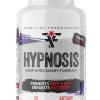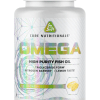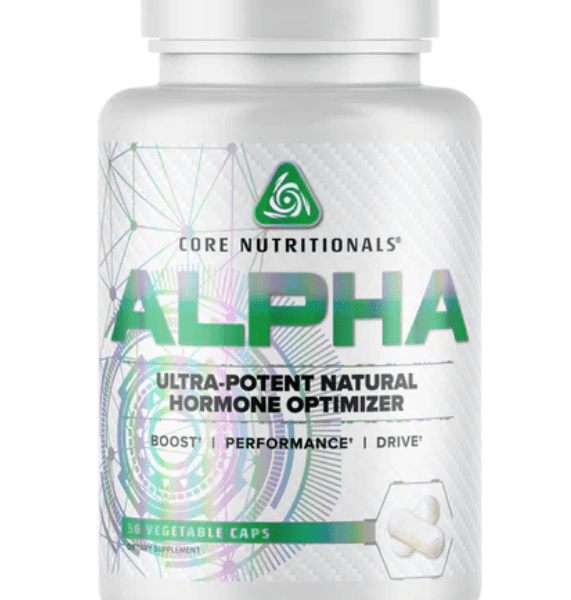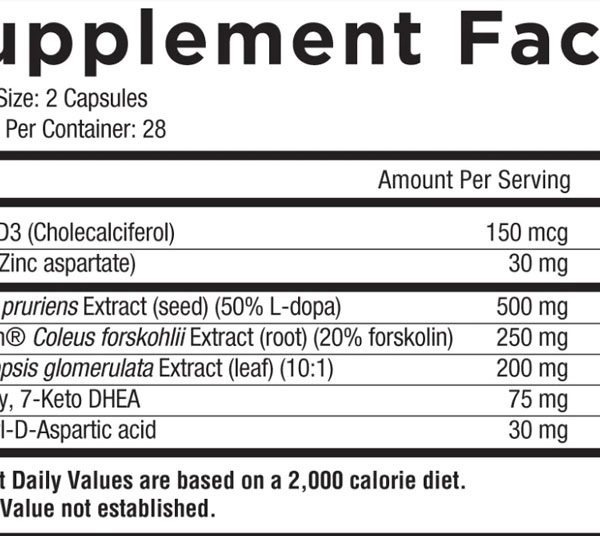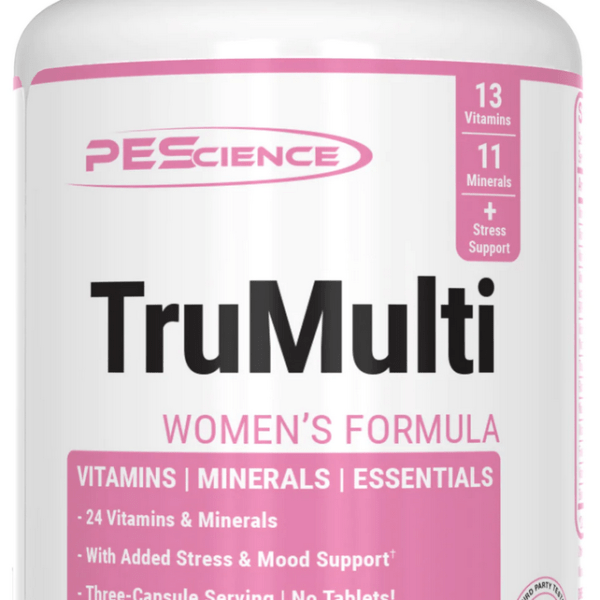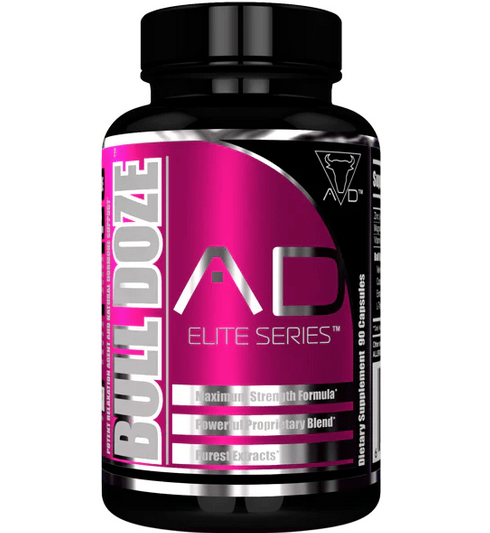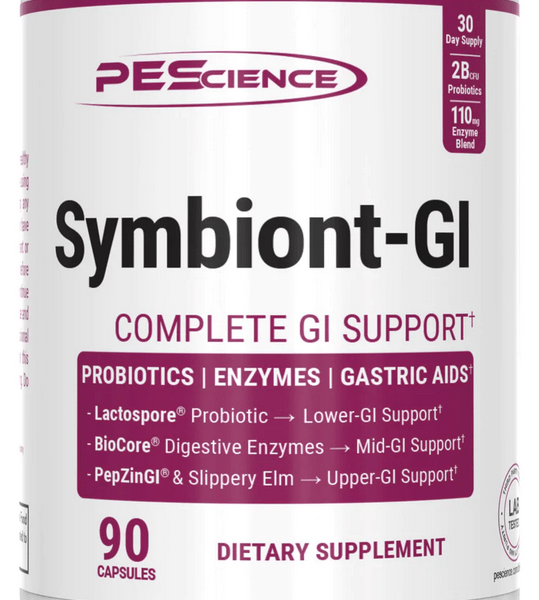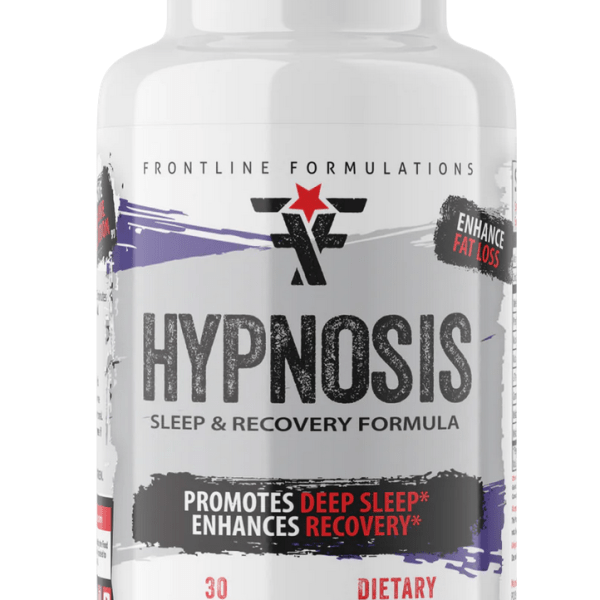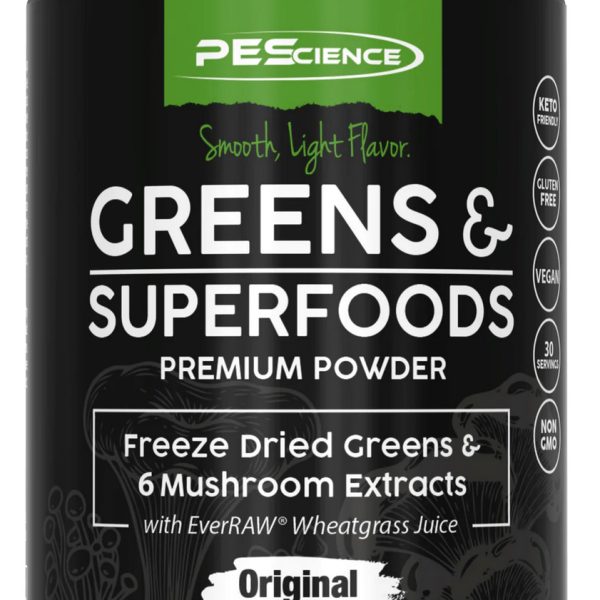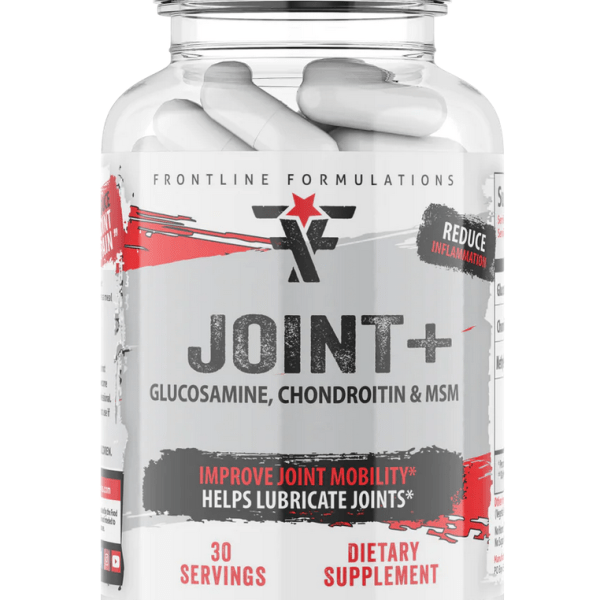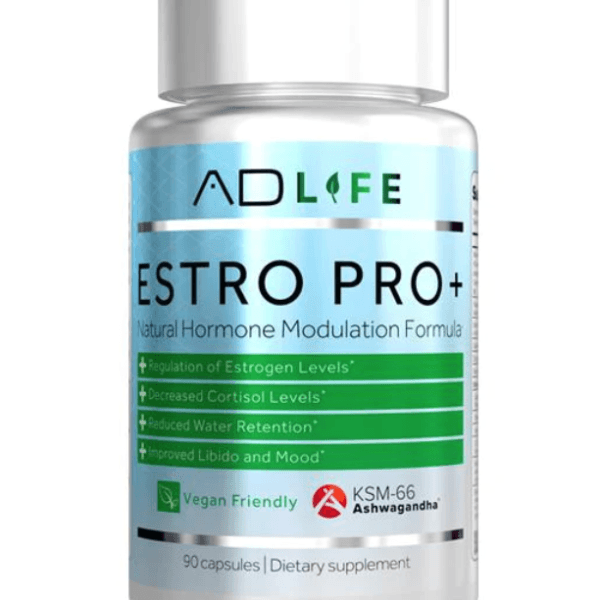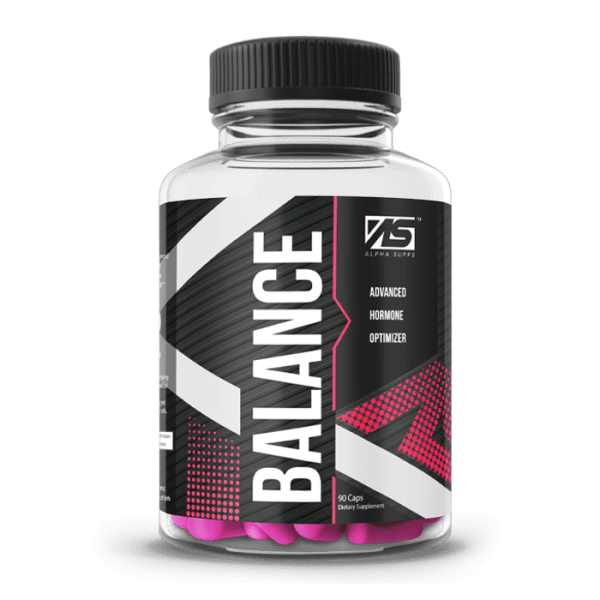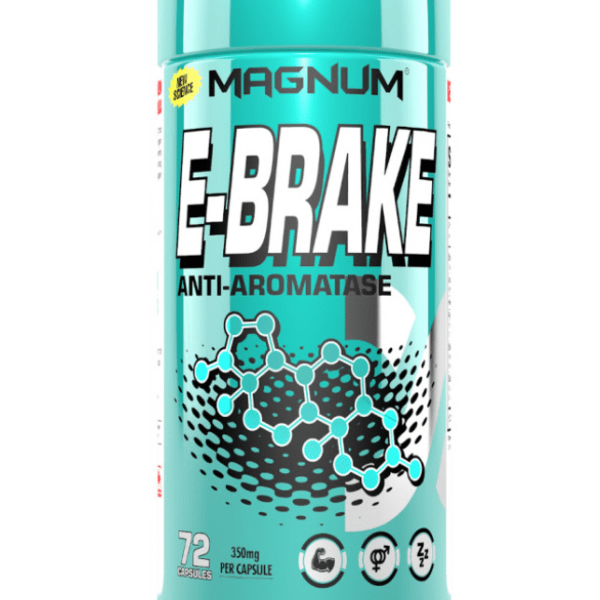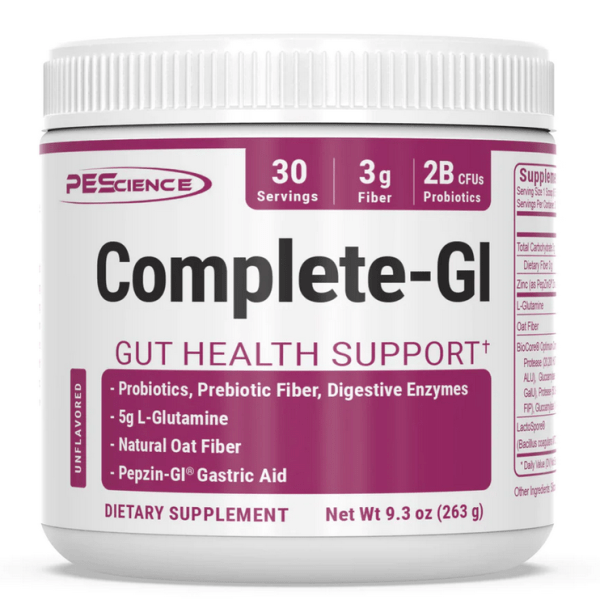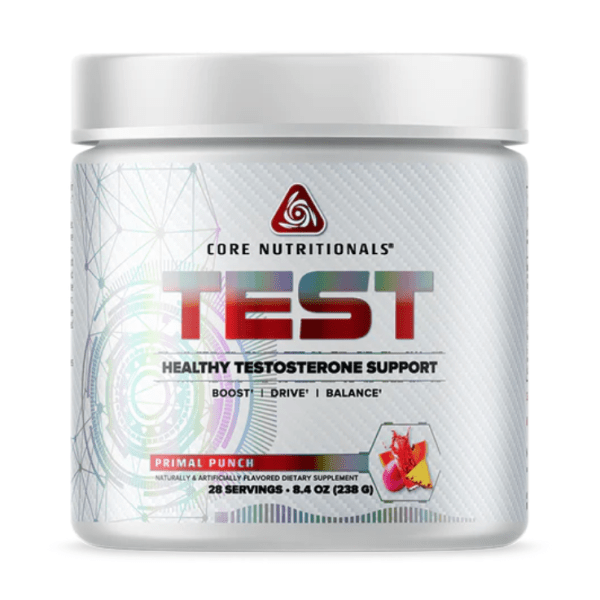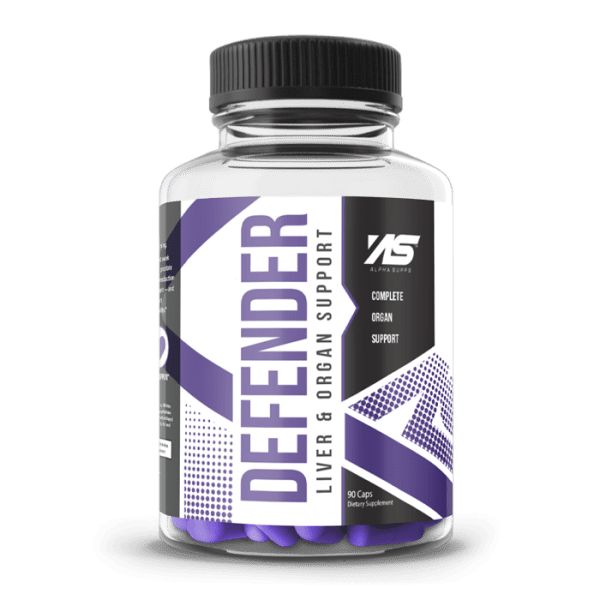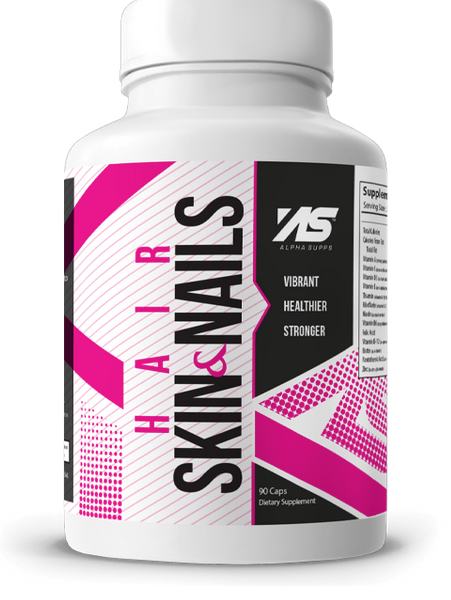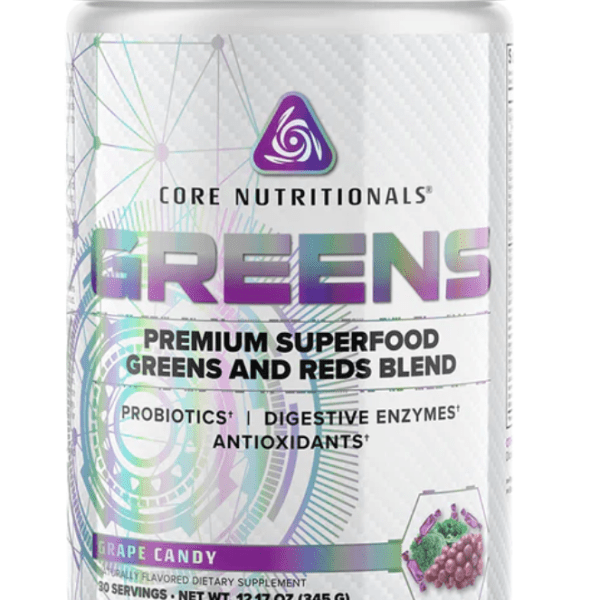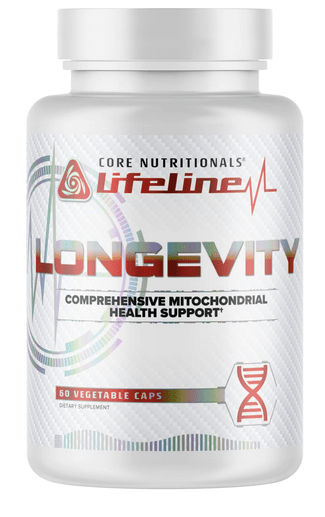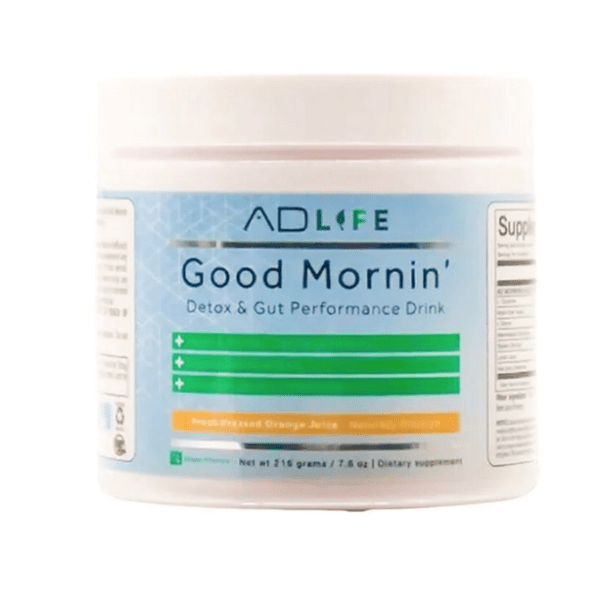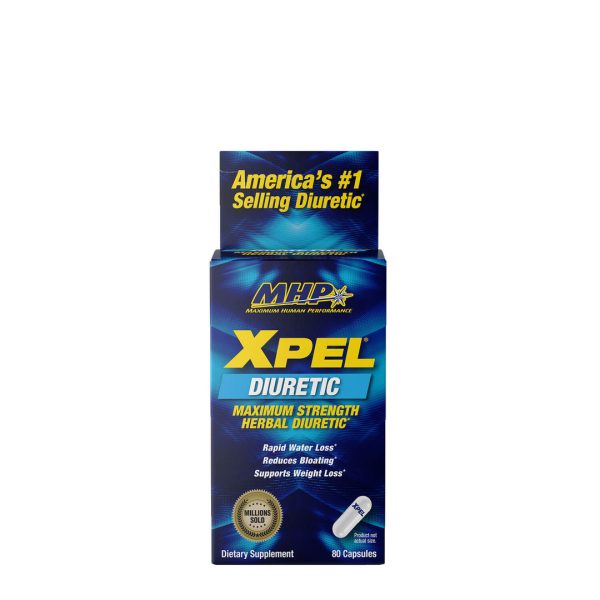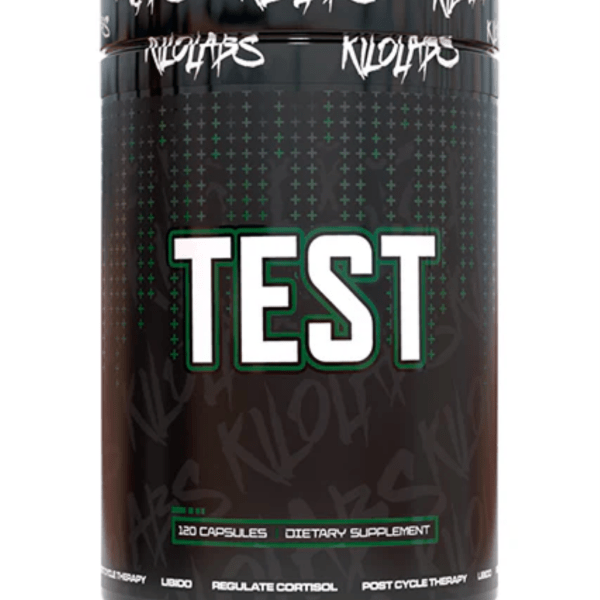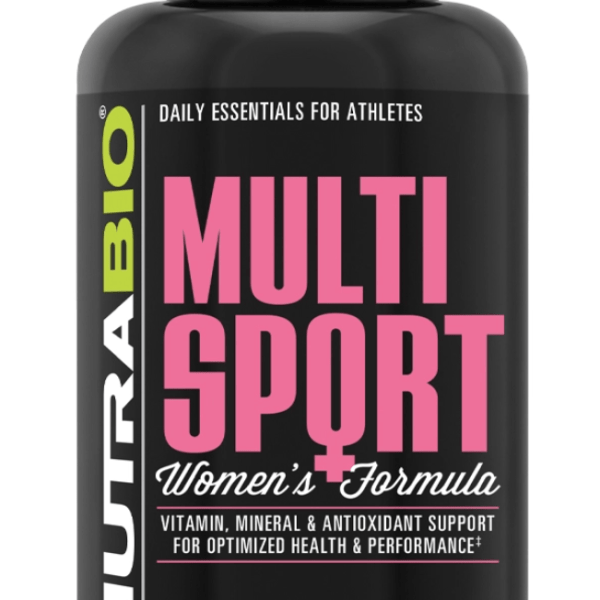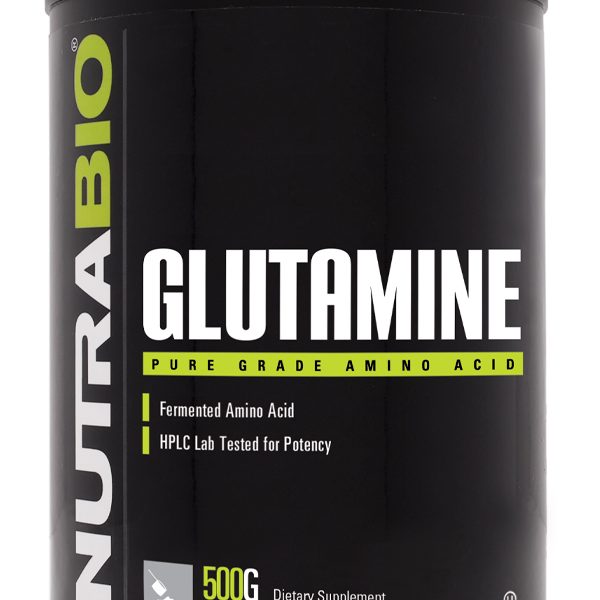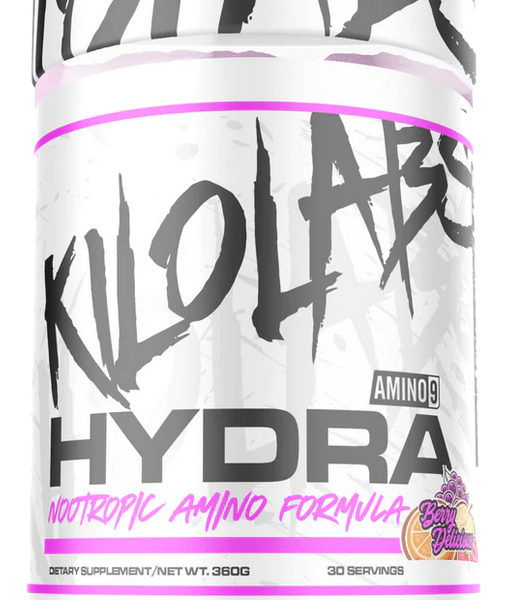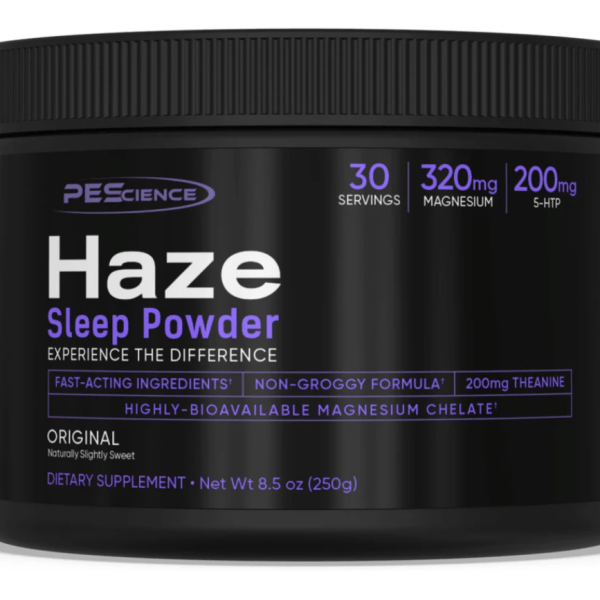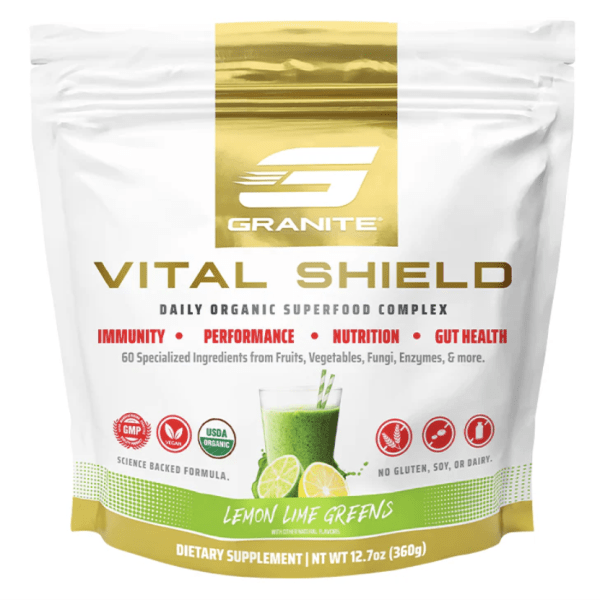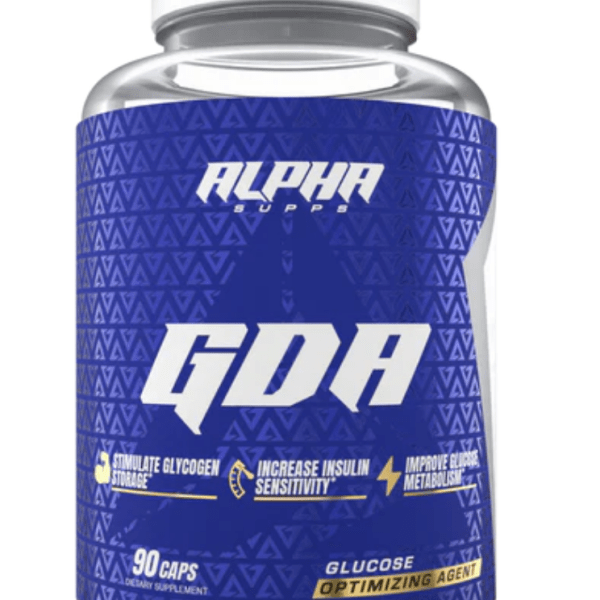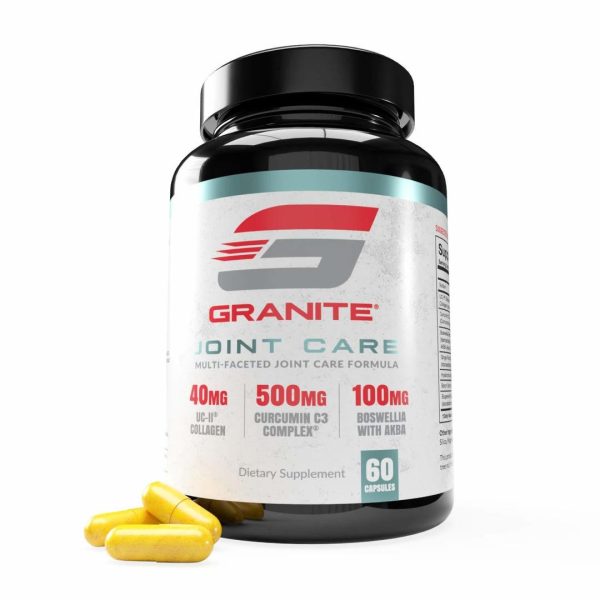Core Nutritionals ALPHA
$54.99
- N-methyl-D-aspartic acid (NMDA) – Supports healthy testosterone levels
- 3-desoxy, 7-keto-DHEA – Supports healthy estrogen levels
- Coleus forskohli root extract – Assists in healthy weight
- ✔ Percentage Reward Add this item to unlock your discount to get 30% off !
Out of stock
Scientific breakdown:
N-methyl-D-aspartic acid (NMDA): D-aspartic acid (DAA) is an amino acid that is found naturally in several endocrine glands, including the testes and pituitary. While the correlation between DAA and testosterone production has been clinically documented, research indicates several possible mechanisms for these effects. It’s likely that DAA acts as a neuromodulator influencing several pathways that govern the reproductive system, particularly testosterone production. Some studies indicate that DAA’s concentrated presence in the hypothalamus, pituitary, and testes identify this protein as an up-regulator of gonadotropin-releasing hormone (GnRH), luteinizing hormone (LH), growth hormone (GH), and testosterone. Some studies have found that DAA also stimulates a protein called StAR. StAR is necessary for the cholesterol transport in the cell that is needed for testosterone production. Further, its role in modulating the sexual drive implicates DAA assists nootropic activity, supporting healthy levels of dopamine and serotonin. Balanced levels of dopamine and serotonin have a range of significant benefits.
To improve on D-aspartic acid we have instead incorporated N-methyl-D-aspartate (NDMA) into the Core ALPHA formula. DAA is converted into NMDA, which is a potent stimulator of the N-methyl-D-aspartate receptor pathway. By directly stimulating this pathway, NMDA is needed only in small doses unlike DAA’s higher dose requirements. In fact, NMDA elicits its hormone releasing action at concentrations approximately 100-fold lower than DAA. Thus, at a 30 mg dose, NMDA, shows promise to support an optimal balance of hormones.
Brassaiopsis glomerulata leaf extract (10:1): Brassaiopsis glomerulata is a large shrub of the Araliaceae family that occurs in south and Southeast Asia. Throughout Asia, this plant is used to treat rheumatism and back pain, aid in digestion, and treat bone fractures in traditional medicinal systems (TMS). Despite its many medicinal uses, the most interesting aspect of the leaves of Brassaiopsis glomerulata is their ability to reduce the activity of aromatase. Studies show that multiple components of a Brassaiopsis glomerulata leaf extract are capable of aromatase inhibition. The addition of this 10:1 extract in Core ALPHA, along with the 3D7K, gives this product a one-two punch at supporting a healthy estrogen balance.
Mucuna pruriens seed extract (50% L-dopa): Mucuna pruriens is one of the popular medicinal plants of India and is known to contain various beneficial nutritional compounds. The main nutrient found in Mucuna pruriens is L-dopa, which acts as a natural source of dopamine. Prolactin is a hormone released by the pituitary gland, which is believed to exert anti-androgenic effects in men.. Mucuna pruriens’ ability to support healthy dopamine levels may significantly reduce the release of prolactin hormone by the pituitary glands offering powerful benefits. In addition, clinical evidence suggests that Mucuna pruriens not only supports healthy growth hormone levels but also contains naturally occurring serotonin precursors to support mood, memory, and overall well-being. Clinically shown to support optimal balance of growth hormone, prolactin, serotonin and other beneficial hormones, Mucuna pruriens may also assist healthy weight management and stress support.
Vitamin D3 (cholecalciferol): Vitamin D3 is an essential hormone precursor that plays a vital role in many metabolic functions, including bone health, , support for immune and blood pressure health, lean body mass, and weight management). Clinical trials have even linked Vitamin D3 with an increase in overall health and well-being. Although some foods contain vitamin D, the human body generates most of its vitamin D needs from the skin through regular exposure to sunlight. Severe vitamin D deficiency is a significant and widespread problem, especially in North America. In addition to its well-known properties for supporting bone density and strength and general inflammatory response, Cholecalciferol is included in Core ALPHA because studies have shown that higher levels of vitamin D in men are correlated with higher levels of circulating testosterone.
Zinc (as zinc aspartate): Zinc deficiency is prevalent throughout the entire world, including the United States. Both severe and moderate zinc deficiencies are positively correlated with lower testosterone levels in men. And while zinc deficiency has been shown to lower your testosterone levels, zinc supplementation has been correlated with an increase in testosterone levels. Clinical research indicates that zinc deficiency reduces circulating luteinizing hormone and testosterone concentrations, may lower healthy levels of aromatase (increasing estrogen levels), and modifies sex steroid hormone receptor levels, thereby contributing to unhealthy hormone balance and male sexual function. Zinc supplementation with the aspartate form can support optimal zinc absorption and hormone balance.
Related products
General Health
General Health
General Health
General Health
General Health
General Health
General Health
General Health
General Health
General Health
General Health
General Health
General Health
General Health
General Health
General Health
Diuretics
General Health
General Health
General Health
Amino Acids
General Health
General Health
General Health
General Health

